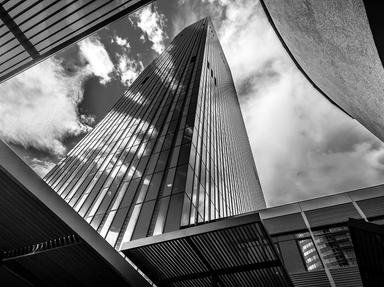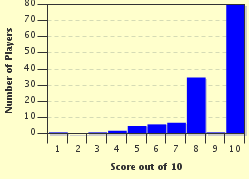Quiz Answer Key and Fun Facts
1. He become president of South Africa in 1994, after having been imprisoned by that government for 27 years.
2. He became president of Czechoslavakia after the 1989 Velvet Revolution toppled the communist government.
3. He led the Polish labor movement known as Solidarity, and later became Poland's president.
4. She was the first woman leader of a Muslim nation when she became the 11th Prime Minister of Pakistan in 1988.
5. He became the 8th president of South Korea in 1998, and won the 2000 Nobel Peace Prize.
6. He was the first president of East Timor, following independence from Indonesia.
7. She became the 36th president of Brazil in 2011.
8. He was elected president of Nigeria in 1999 and served two four-year terms.
9. He became president of Argentina in 1989.
10. She was awarded the 1991 Nobel Peace Prize for her non-violent struggle for democracy and human rights in Myanmar (Burma).
Source: Author
chessart
This quiz was reviewed by FunTrivia editor
stedman before going online.
Any errors found in FunTrivia content are routinely corrected through our feedback system.

